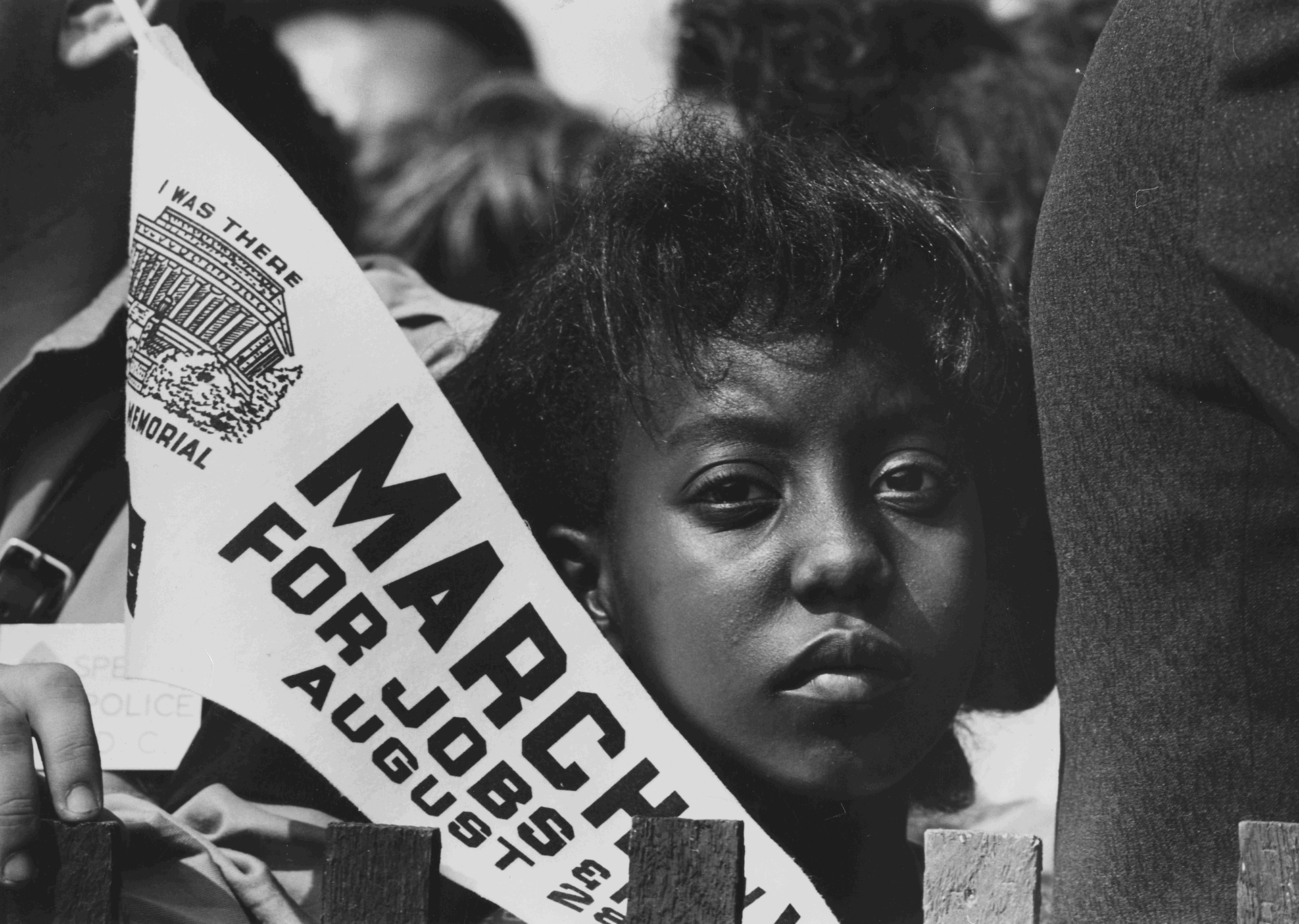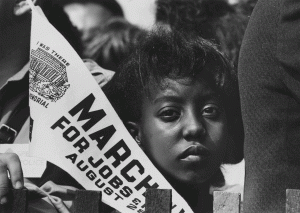Martin Luther King Jr., “MLK_Jr._”Letter_from_a_Birmingham_Jail”:
In his famous, “Letter from a Birmingham Jail,” a response to white clergy men that asked King to slow down and described him, according to Juan Williams, as a “troublemaker,” King also speaks to the ongoing decolonization movements across the African continent, Asia, and Latin America:
“Oppressed people cannot remain oppressed forever. The yearning for freedom eventually manifests itself, and that is what has happened to the American Negro. Something within has reminded him of his birthright of freedom, and something without has reminded him that it can be gained. Consciously or unconsciously, he has been caught up by the Zeitgeist, and with his black brothers of Africa and his brown and yellow brothers of Asia, South America and the Caribbean, the United States Negro is moving with a sense of great urgency toward the promised land of racial justice” (7).

